Notes on citrus planting management in June
Since the beginning of June this year, the weather in Rain Water has continued, which makes it more difficult to manage the orchard. Here we make an overall summary, give you a reference, and pay attention to prevention and control work.
1. Prevention and control of major diseases and insect pests:
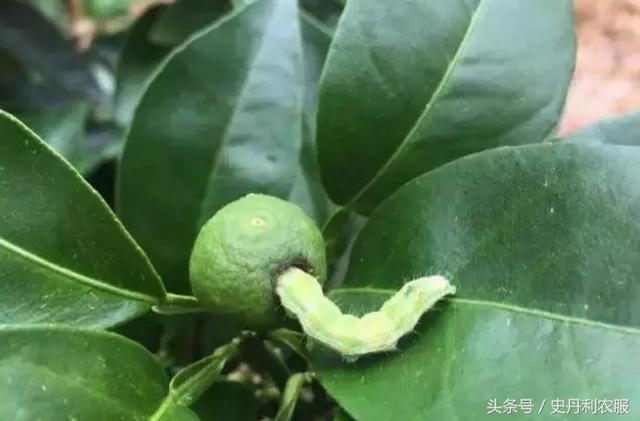
Tobacco green worm commonly known as green worm, also known as tobacco nocturnal moth, belongs to the family Lepidoptera. The main occurrence period of adults is from late May to early September, which mainly harms the young fruits and young leaves of citrus.
Available control agents: chlorpyrifos, carbaryl salt, avermectin, fenpropathrin, etc.
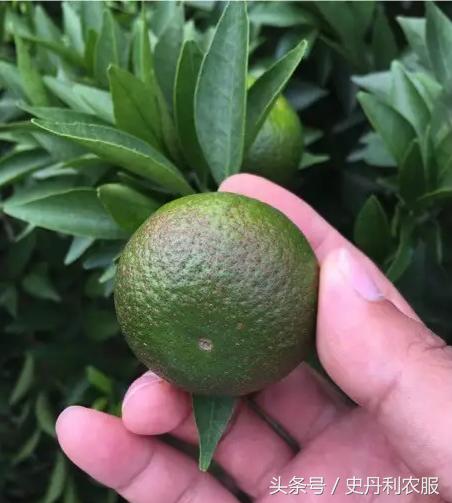
The location and shape of the damage were caused by the accumulation of adult or young mites on the back of leaves and the surface of fruits. Rust-like spots were formed in the injured area. When it is serious, it will cause fallen leaves and affect the yield. After the fruit was killed, the epidermis cells were destroyed, the pericarp was rough, and the pericarp blackened, forming "purple orange". Seriously causing fruit drop. The relationship between occurrence and environment: high temperature and drought are beneficial to its occurrence. Citrus tick, also known as orange mite, spider, gall mite, black fruit, commonly known as copper disease.
Commonly used control agents: carbosulfan, acarbazide and so on.
Leaf miner mainly occurs in summer and autumn, mainly infects the back of citrus young leaves, and causes wounds in young leaves, which is easy to infect other bacteria in rainy weather.
Commonly used control agents: chlorobenzamide, chlorpyrifos, avermectin, deltamethrin, probophos, etc.
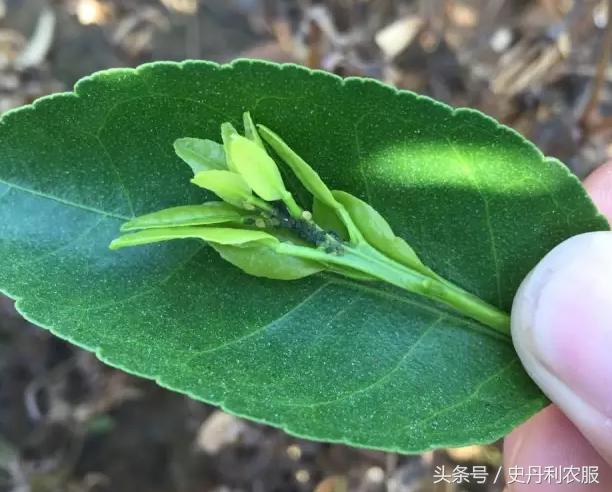
Non-hanging fruit trees and some orchards with summer shoots need to pay attention to the control of aphids, thrips, planthoppers and other insects at the new shoot stage.
Commonly used insecticides are insecticides with internal interest, such as thiazide, acetamiprid, imidacloprid and so on. New insecticides such as ethyl spinosad can be used to control thrips with high resistance.
Red spiders have a serious outbreak on citrus, especially in areas with relatively high temperatures, with more reproductive generations and high resistance. The main outbreak stages are April-June and August-October. Pay attention to the killing of both insects and eggs in chemical control.
Commonly used agents: avermectin, probromofos, biphenylhydrazine, cypermethrin, triazolytin, phenylbutyltin, etc., while those killing eggs are ethacarbazol, spirometil, tetrazine and so on. Recently, there is a new acetyl acarazol eye, it is said that adults and disorderly killing at the same time, cutting ingredients should be good, but the duration of effect do not know how.
At present, there are three main methods for the control of fruit flies and needle wasps.
1. Use insecticidal lamps: hang on shady trees or brackets outside the orchard, 2 meters above the ground, 1 per mu
2. Use a yellow sticky board: hang from the fruit tree to trap and kill fruit flies, and place a piece about 10 meters away.
3. Use sugar medicine: punch 4 egg-sized holes in the middle and upper part of the mineral water bottle, and put a mixture of sugar water and trichlorfon on the lower layer, 7-9 per mu
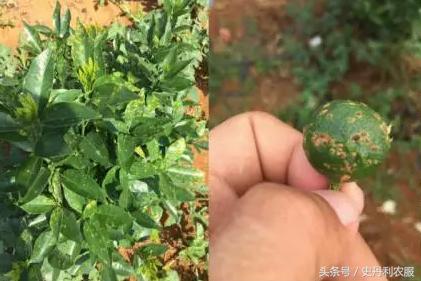
Fertile mandarin and Maogu mandarin are easy to be infected with canker, and the canker breaks out through the wound of tender leaves in the high temperature season for many months. The best time for prevention and treatment of canker is that the new shoots mature quickly and the stomata become new.
The main control agents are: Chunleimycin, Zhongshengmycin, thiamidone, thiazolyl zinc, copper complex, copper oleate, copper acetate, copper hydroxide, cuprous oxide, king copper, basic copper sulfate, cuprous ammonia mixture and so on.
With a high temperature in June, Rain Water is the most likely to be infected with fungal diseases, and it is difficult for colleagues to rain on medication and prevention, so fruit growers and friends should take advantage of the interval to stop the rain to arrange medication work.
Commonly used fungal preventive agents: pyrazolyl carbendazim, mancozeb, mancozeb, carbendazim, carbendazim, etc.
Commonly used fungal therapeutic agents: tebuconazole, azoxystrobin, difenoconazole, propiconazole, flusilazole, fluconazole, oximate, thiofuramide, etc.
II. Points for attention in management:
Orchards with low-lying terrain and paddy field transformation need to strengthen drainage.
After soaking in water, the orchard is easy to cause root rot, yellowing and other harm.
The stress resistance of crops can be enhanced by drainage and foliar fertilizer.
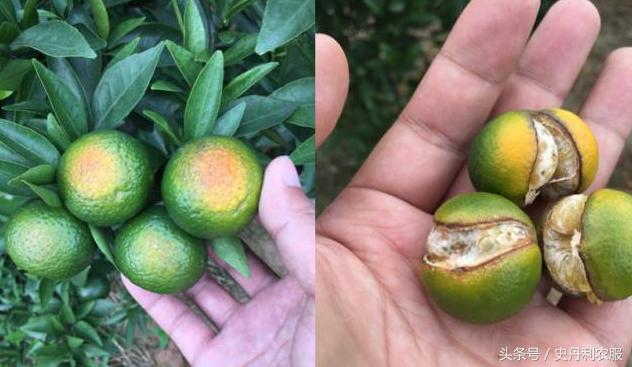
Pay attention to supplement calcium and boron fertilizer to reduce the number of cracked fruits and sunfruits.
Continue to use high-phosphorus and high-potassium fertilizer to supplement fruit nutrition and reduce continuous fruit drop.
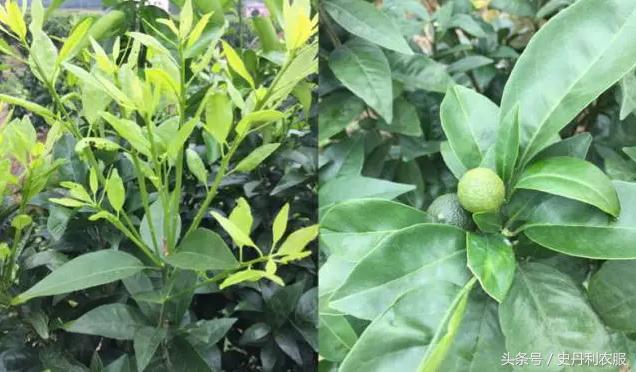
Control summer shoots and reduce fruit drop.
- Prev
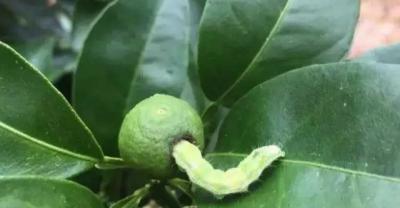
Planting management and matters needing attention of Paeonia lactiflora
Planting management and matters needing attention of Paeonia lactiflora
- Next
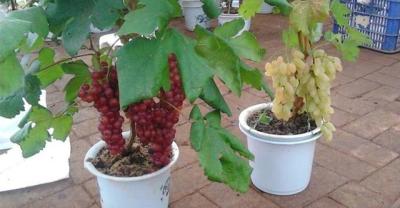
Planting method of potted chili pepper on balcony
Potted vegetables on the balcony are never less than chili peppers, which are not easy to grow insects, and families also like to eat them, but potted chili peppers bear too little, not enough.
Related
- Fuxing push coffee new agricultural production and marketing class: lack of small-scale processing plants
- Jujube rice field leisure farm deep ploughing Yilan for five years to create a space for organic food and play
- Nongyu Farm-A trial of organic papaya for brave women with advanced technology
- Four points for attention in the prevention and control of diseases and insect pests of edible fungi
- How to add nutrient solution to Edible Fungi
- Is there any good way to control edible fungus mites?
- Open Inoculation Technology of Edible Fungi
- Is there any clever way to use fertilizer for edible fungus in winter?
- What agents are used to kill the pathogens of edible fungi in the mushroom shed?
- Rapid drying of Edible Fungi

